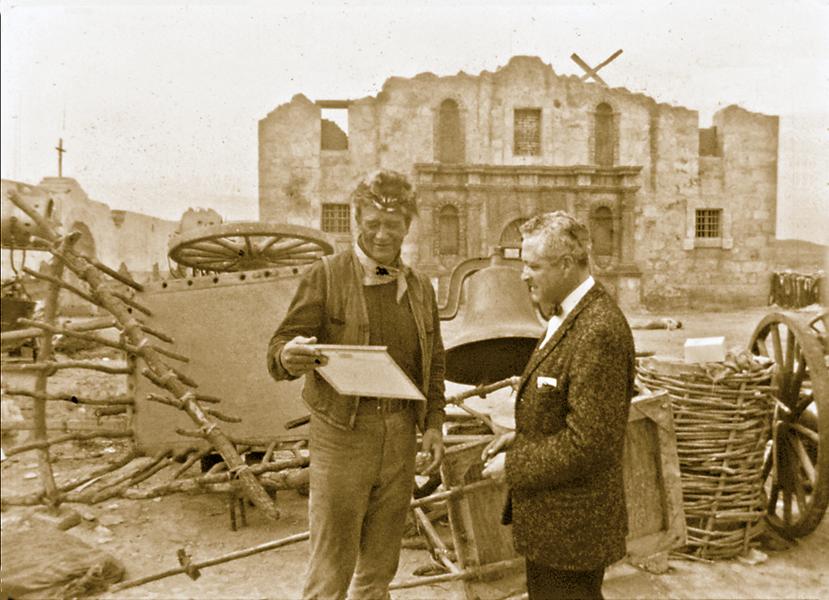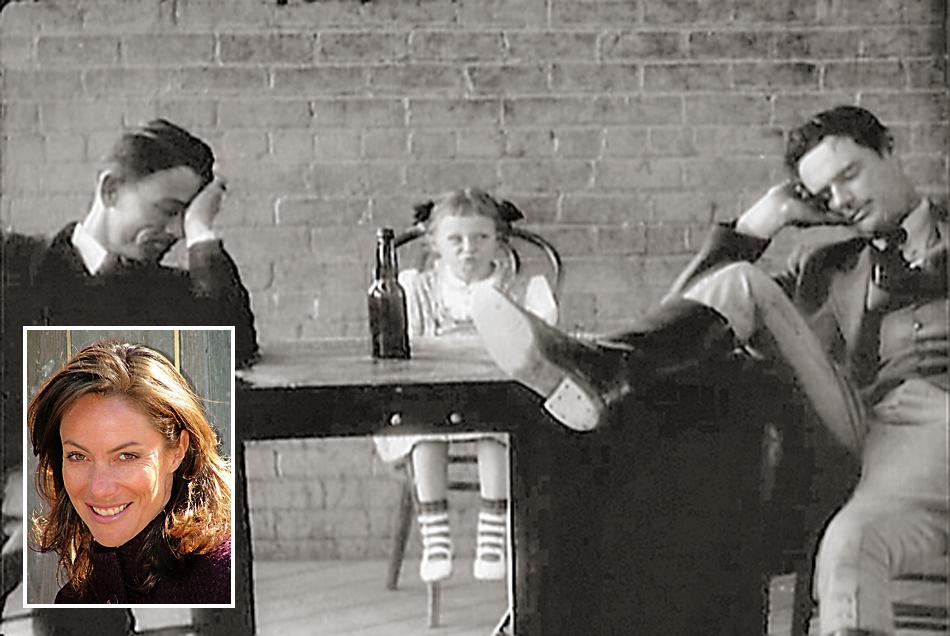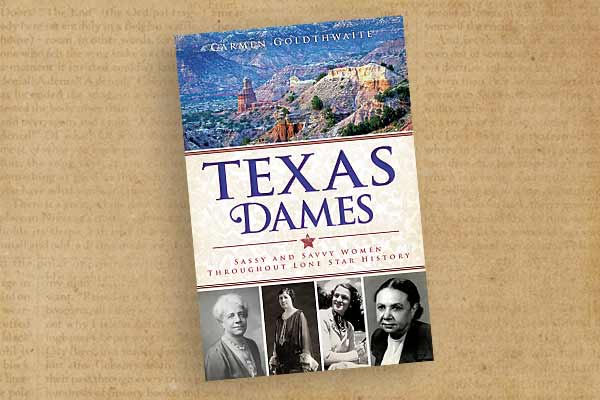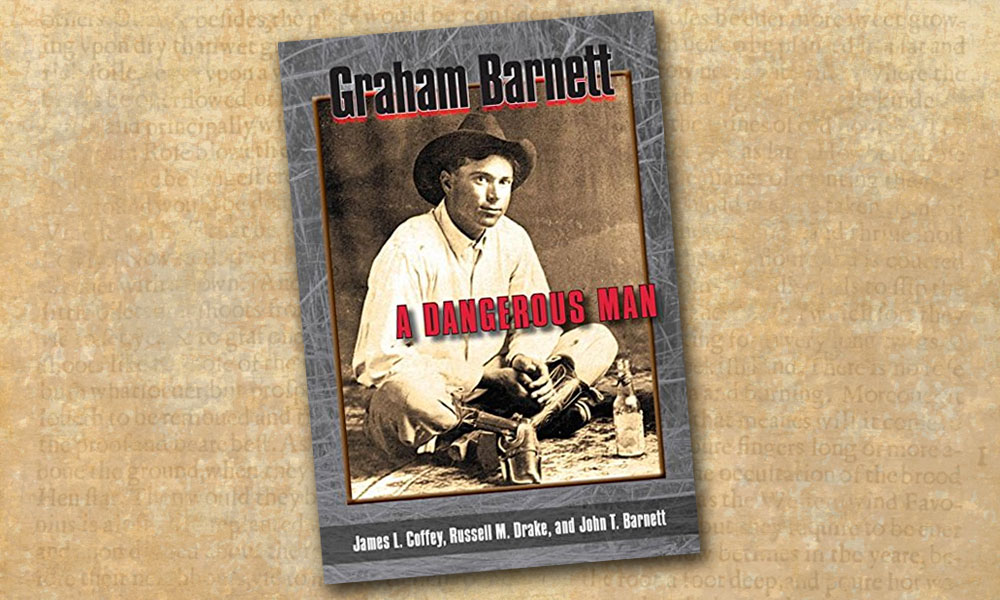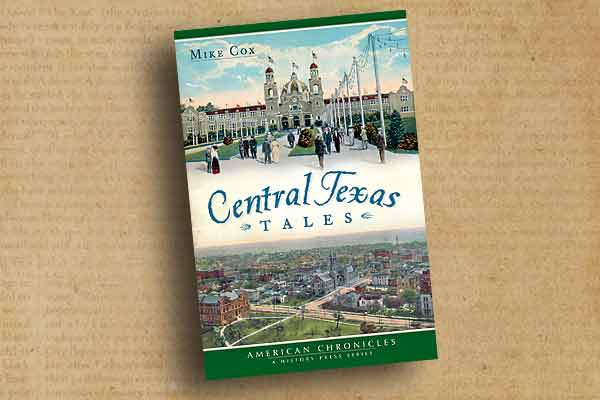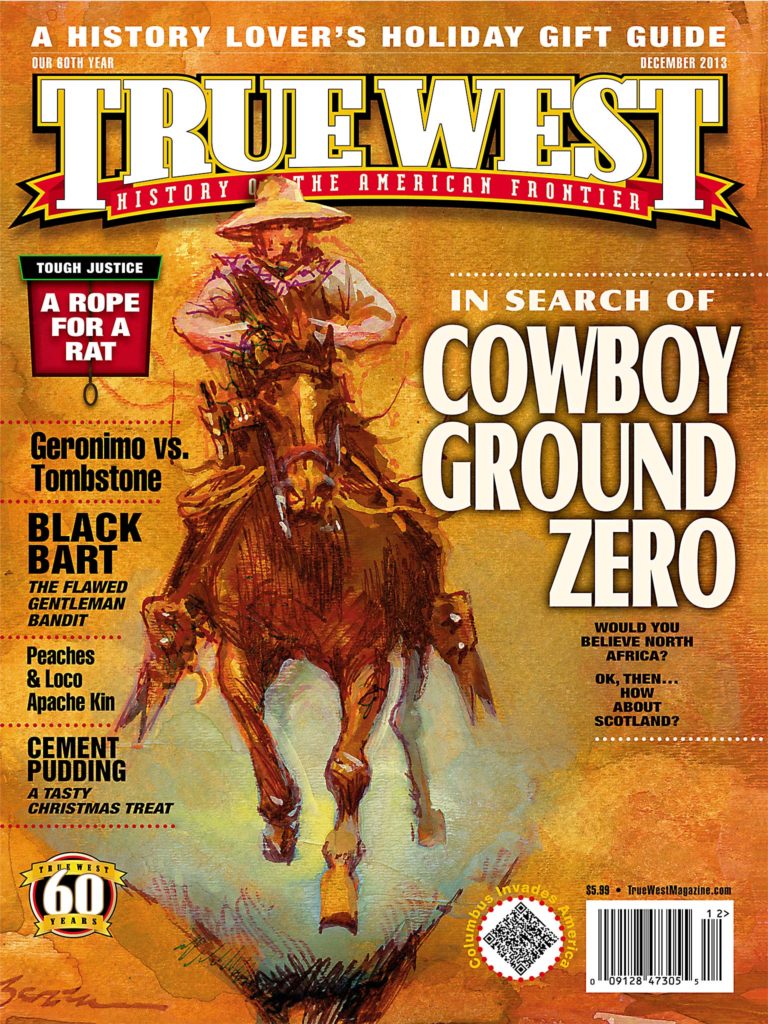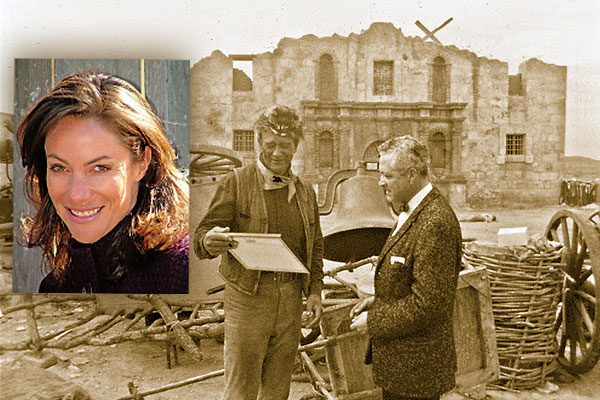 What comes first to mind when you want to talk Western history? Probably Texas.
What comes first to mind when you want to talk Western history? Probably Texas.
Caroline Frick guessed that, even while she was working at the National Archives in Washington, D.C., or at Warner Bros. in Los Angeles, California.
So when she came to the University of Texas at Austin 20 years ago as an assistant professor of radio, TV and film history, she expected to find warehouses full of historical records.
“I was surprised, because despite an absolutely phenomenal history, nobody had collected moving images of Texas,” she says. “We have 100 years of film history here, and nobody was saving it—that moved me to create the Texas Archive of the Moving Image.”
In one of her first projects, “Bring Out Your Films,” she encouraged Texans to search their closets and sheds, and send in any films they found. “We have lots of home movies of Christmas mornings and birthday parties,” she says, “but we’ve also got movies of families in the agricultural lifestyle—riding horses, working on their ranches.”
She received industrial films, like “Our Home Town, San Marcos,” documenting 1940s life in the town, from the politicians to the schoolchildren. “It gives us a fantastic snapshot of a community,” she says.
What she didn’t get—and maybe never will—were films from the 1890s, when moving pictures first saw public exposure, often through a traveling circus or carnival where the public could view a film made of the town, for the price of a seat in the tent: “Come One, Come All, Come Inside and See Your Community!”
Those films are rarities. “I’d say over 90 percent of the films from the 1800s and early 1900s have been lost,” she says. “Oh, if they existed, and I could get them, it would be kind of a Holy Grail.”
Frick also sought out local news footage, but she says those shots turned out to be “most in jeopardy—80 percent are lost.” Television stations often reused tapes, didn’t properly store them and, when ownership changed hands, dumped the footage.
Surprise “treasures” have shown up. Frick’s favorites come from Melton Barker, an itinerant Texas filmmaker working from the 1930s to the 1970s. Traveling mainly through Texas, New Mexico and Oklahoma, he made hundreds of films with children, a local version of The Little Rascals shorts.
“He captured a moment in time,” Frick says. “The films were two reels. The first reel had a local rich kid named Betty Davis kidnapped by two guys. A local gang of kids rescues her. In the second reel, there’s a talent show celebrating Betty’s return. The parents paid $10 a child to participate.”
Capitalizing on the child star era of the 1930s, Barker promised a lot: “The picture is a permanent record of the children, and will remain a memento of their childhood in the years to come,” his ads boasted.
Frick hopes to make that dream a reality. “I’ve been in L.A. talking to people about a movie on his life and his films,” she says, adding how a movie contract could benefit the Texas archive.
Having digitized 25,000 films so far, Frick has made nearly 2,000 of them available on TexasArchive.org. And please, anyone with an 1890s film—give Frick a call, at 512-485-3073!
Jana Bommersbach has been Arizona’s Journalist of the Year and has won an Emmy and two Lifetime Achievement Awards. She is the author of two nationally-acclaimed true crime books and a member of Women Writing the West.
Photo Gallery
– By Gordon Wilkison / Texas Archive of the Moving Image –
– Courtesy Childress Theatre Company/Texas Archive of the Moving Image –


